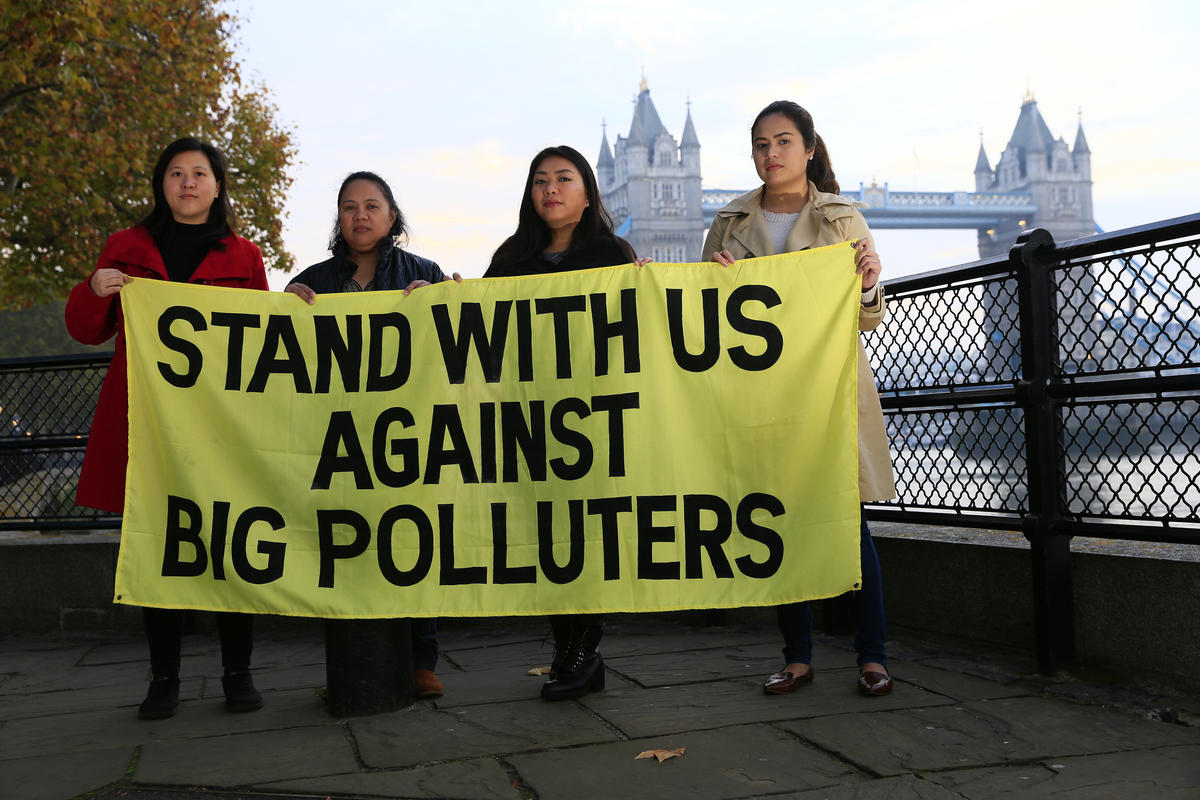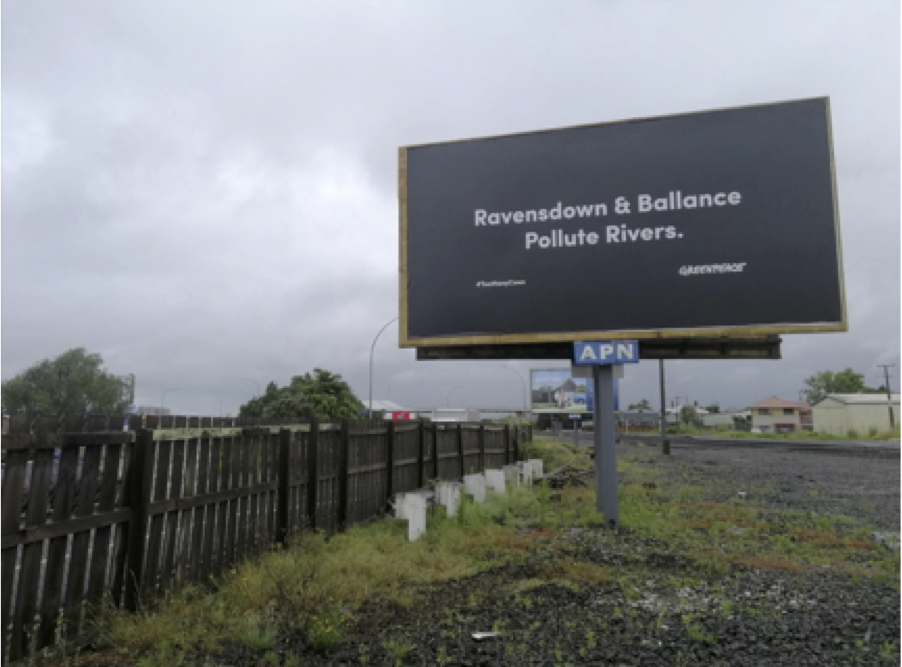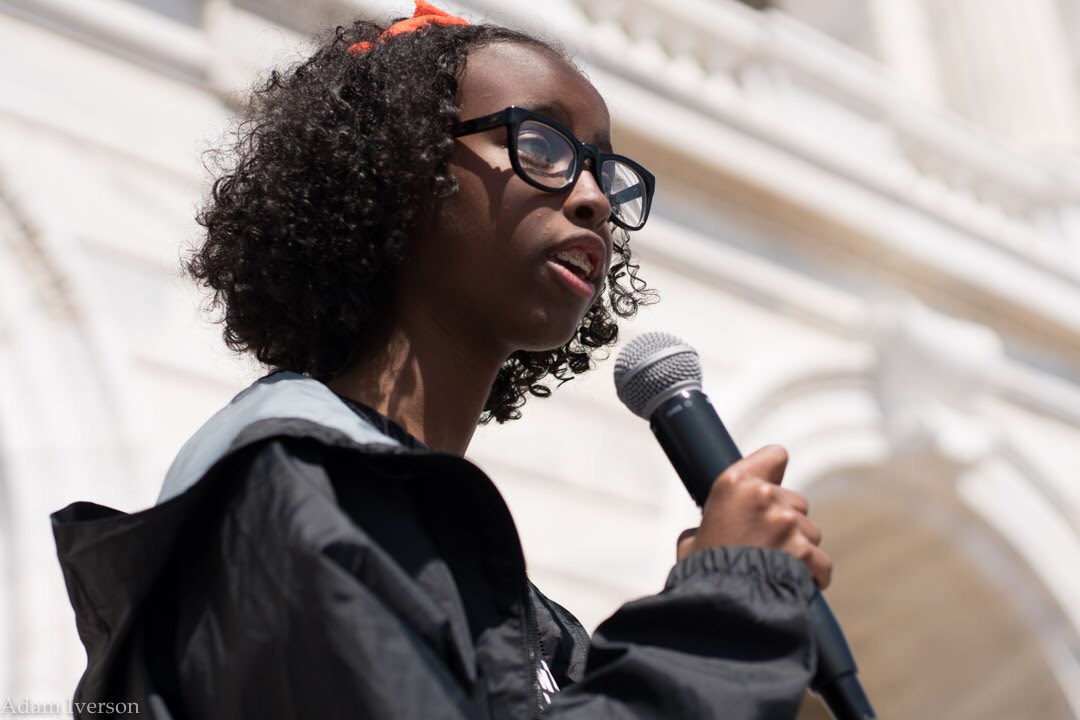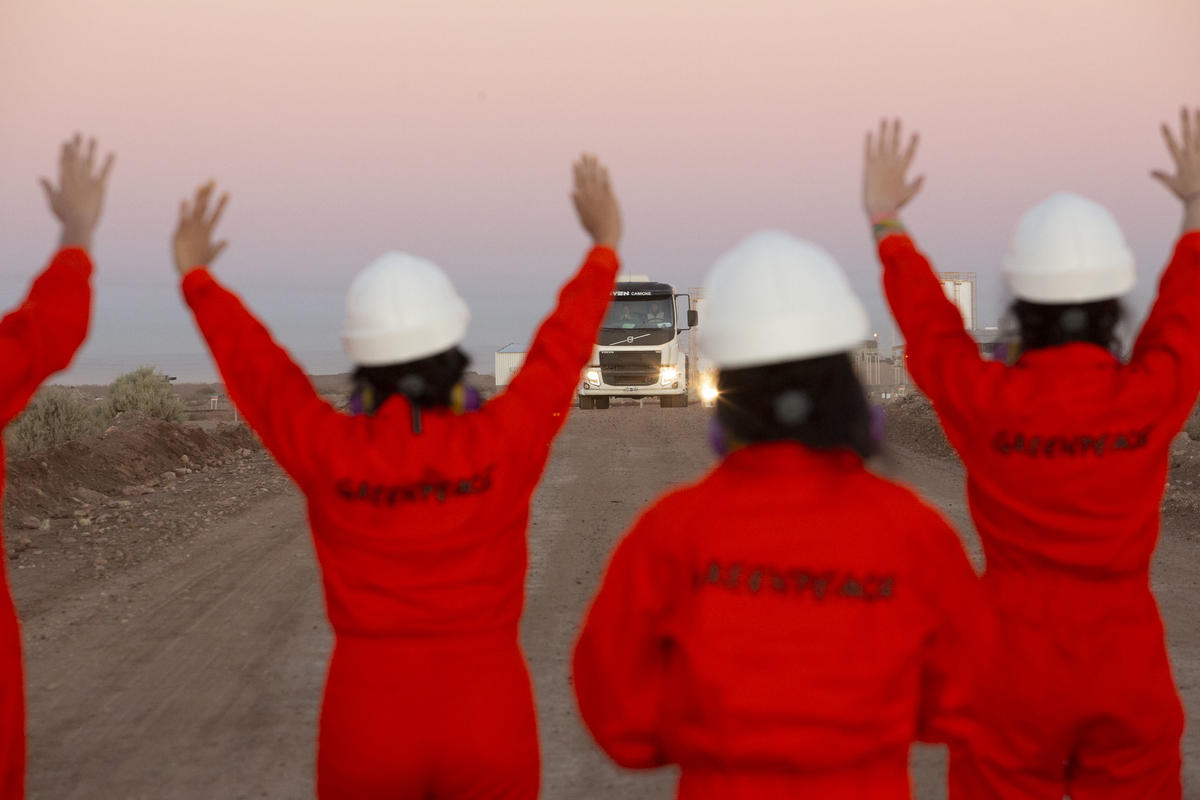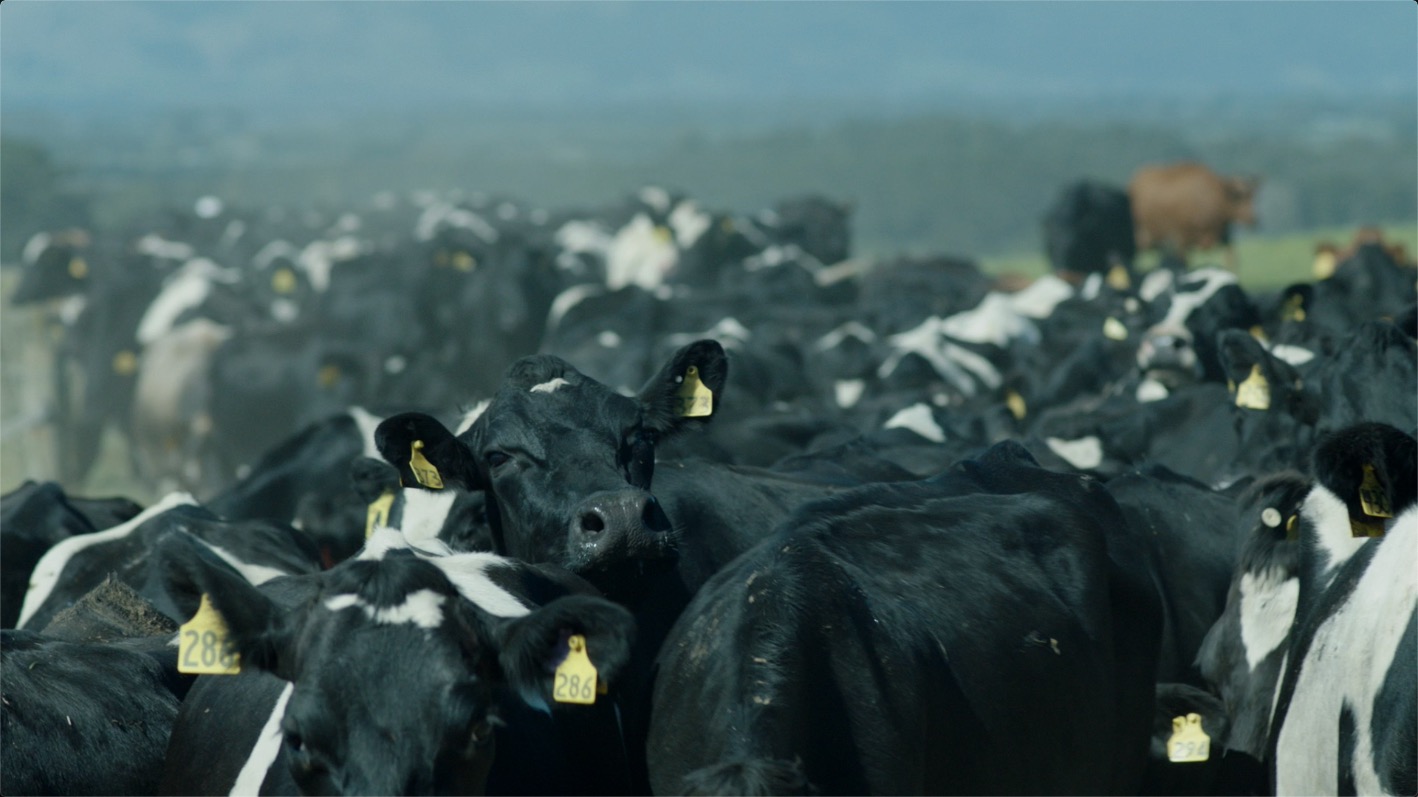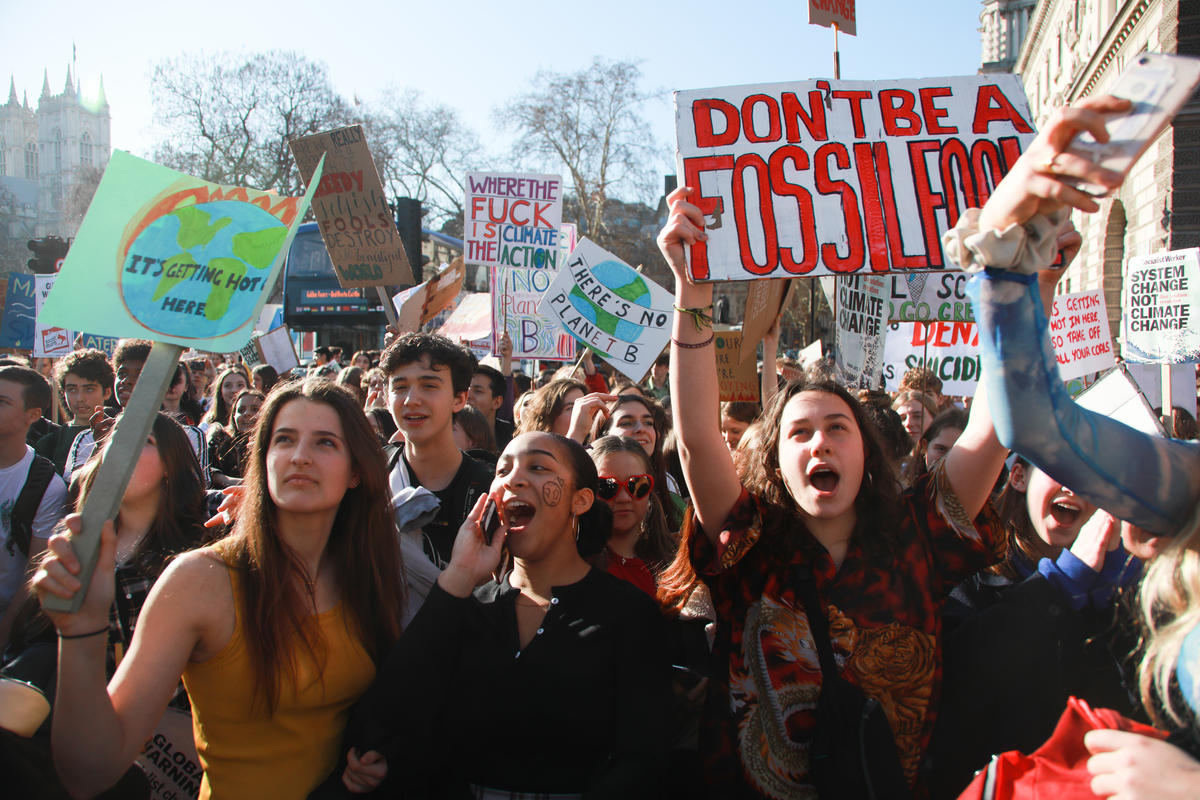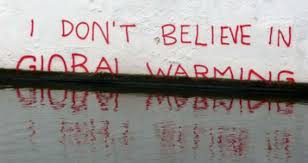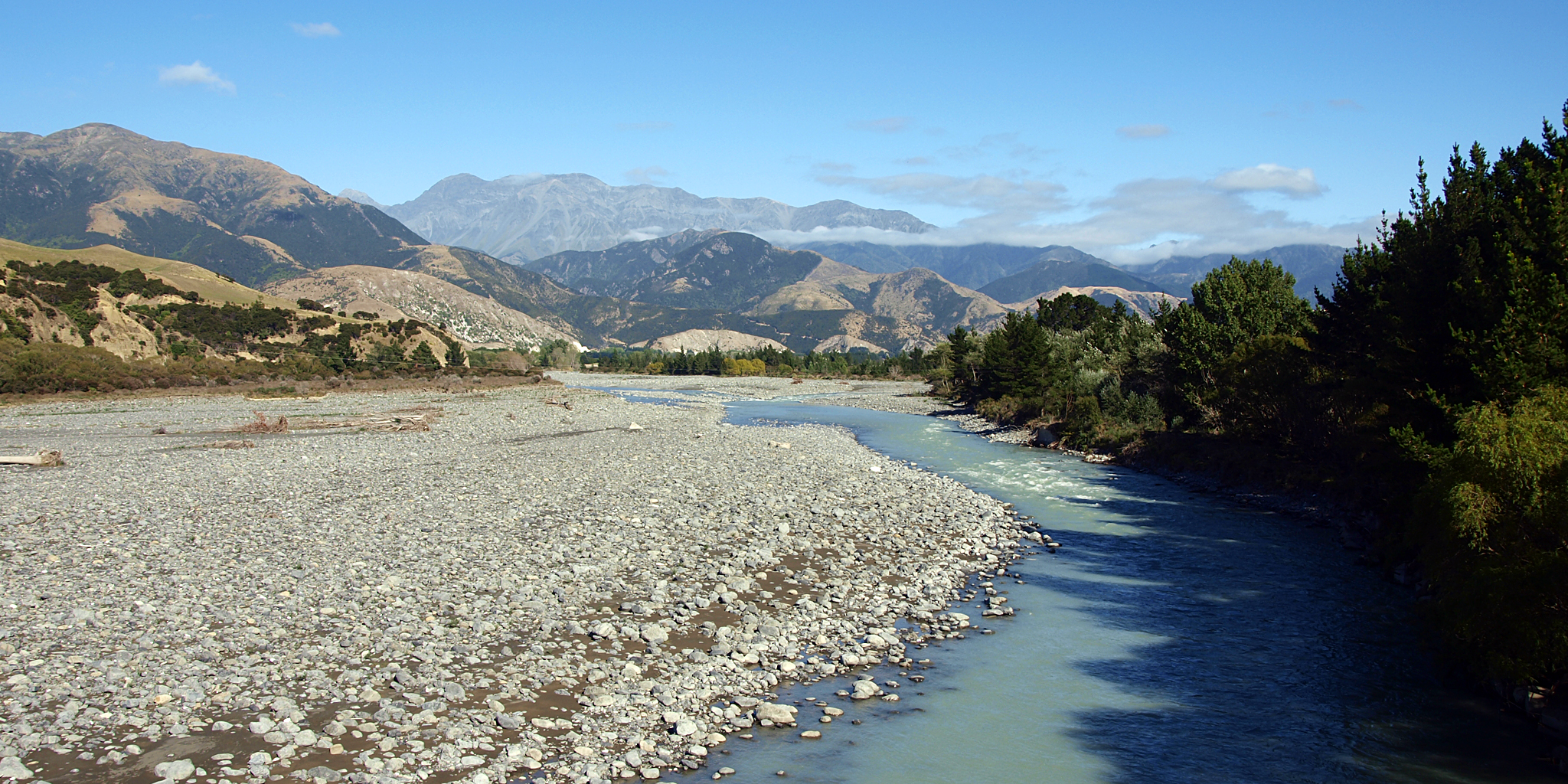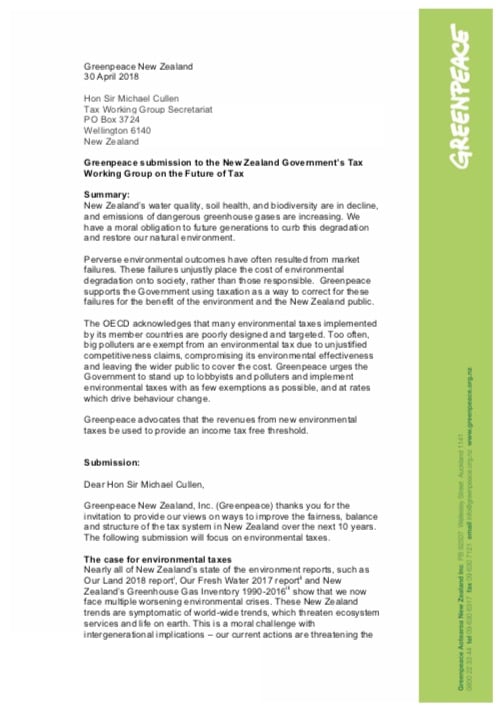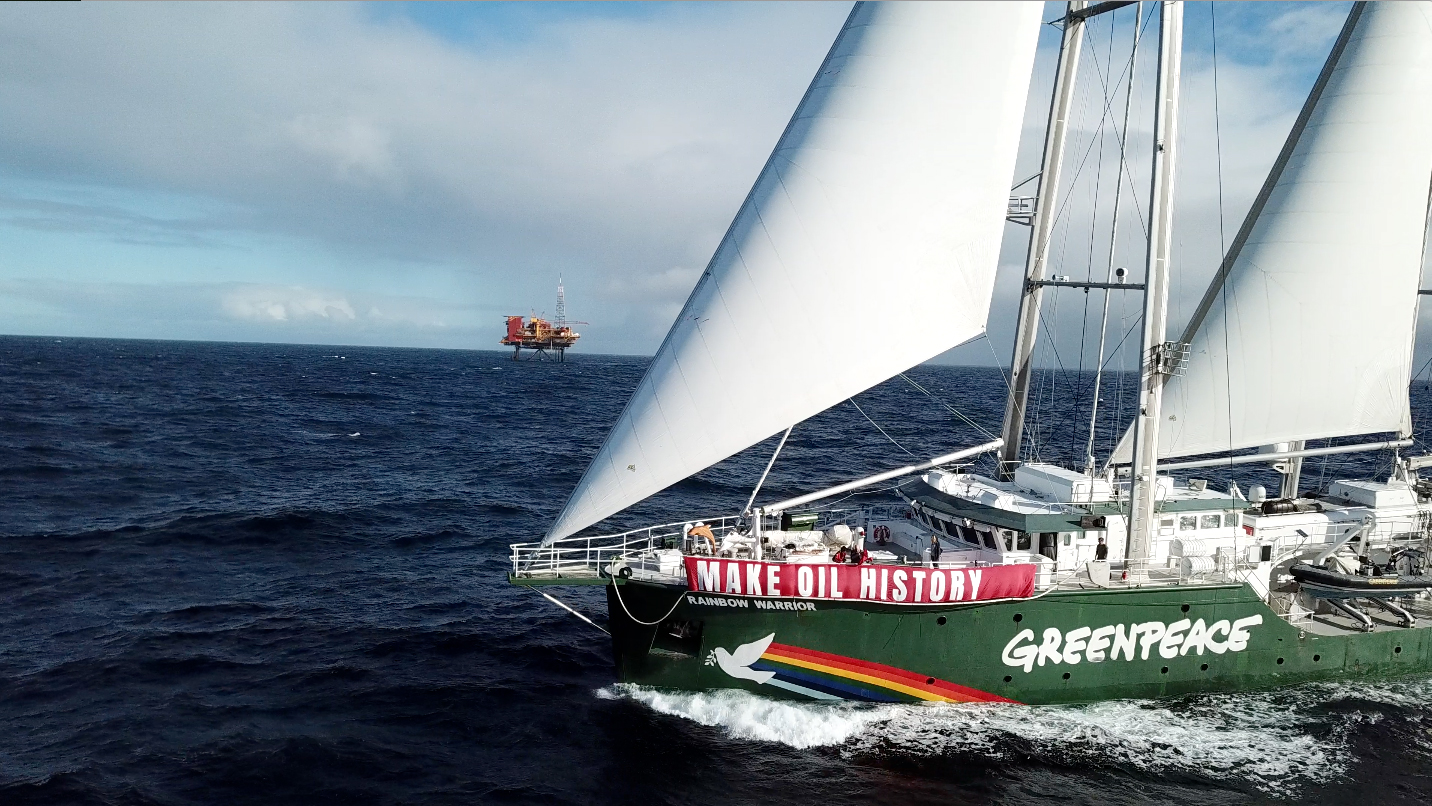-
Meet the women taking on some of the world’s biggest climate polluters
These inspiring, determined, and hopeful women are fighting to hold oil, gas and coal companies accountable for climate change. (L-R) Desiree Llanos Dee, Veronica ‘Derek’ Cabe, Marielle Trixie Bacason, with…
-
Why care about Nitrogen? Ask the United Nations
The United Nations has placed Nitrogen pollution on a hit list of the top five new environmental crises facing the globe. A move which has huge implications for New Zealand…
-
10 things you’ve always wanted to ask the students skipping school to fight climate change
“Adults — if you feel uncomfortable now, you’re going to feel uncomfortable for a while. Because we’re never going to back down.” Youth Climate Strike US co-leader Isra Hirsi. ©…
-
How you can help protect Patagonia from Shell and Total
When you picture Patagonia, what comes to mind? Mountainous vistas as far as the eye can see? Majestic pumas? Giant, dinosaur-like Condors? Big Lakes and roaring rivers? Perhaps Indigenous Mapuche…
-
National turns new leaf on green attitude but still lost on agriculture and climate
Greenpeace has welcomed some of the National Party’s new environment policy proposals announced at the annual Bluegreens Forum today, but is critical of the party’s failure to address climate change…
-
School strikes take off as legacy from ‘grandfather of climate science’
The death of one of the world’s leading climate scientists this week and the swiftly expanding school climate strikes is symbolic of a generational baton change in the fight against…
-
National and Todd Muller fail to grasp climate change is a major challenge for New Zealand
While Tasmania and Tasman District are terrorised by fire and the temperature tally for 2018 confirms the last four calendar years as the hottest on record, National’s Climate Change Spokesperson,…
-
Greenpeace supports environmental taxation recommended by Tax Working Group
Greenpeace is calling on the Government to accept recommendations made by the Tax Working Group about environmental taxation and the capital gains tax. But the environmental organisation flags gaps in…
-
Greenpeace submission to the New Zealand Government’s Tax Working Group on the Future of Tax
New Zealand’s water quality, soil health, and biodiversity are in decline, and emissions of dangerous greenhouse gases are increasing. We have a moral obligation to future generations to curb this…
-
PEPANZ gas report nothing but fake news and flatulence
An oil industry-commissioned report claiming to show the Government’s oil and gas exploration ban will cost billions is nothing but “fake news and flatulence”, according to Greenpeace. The NZIER report…

